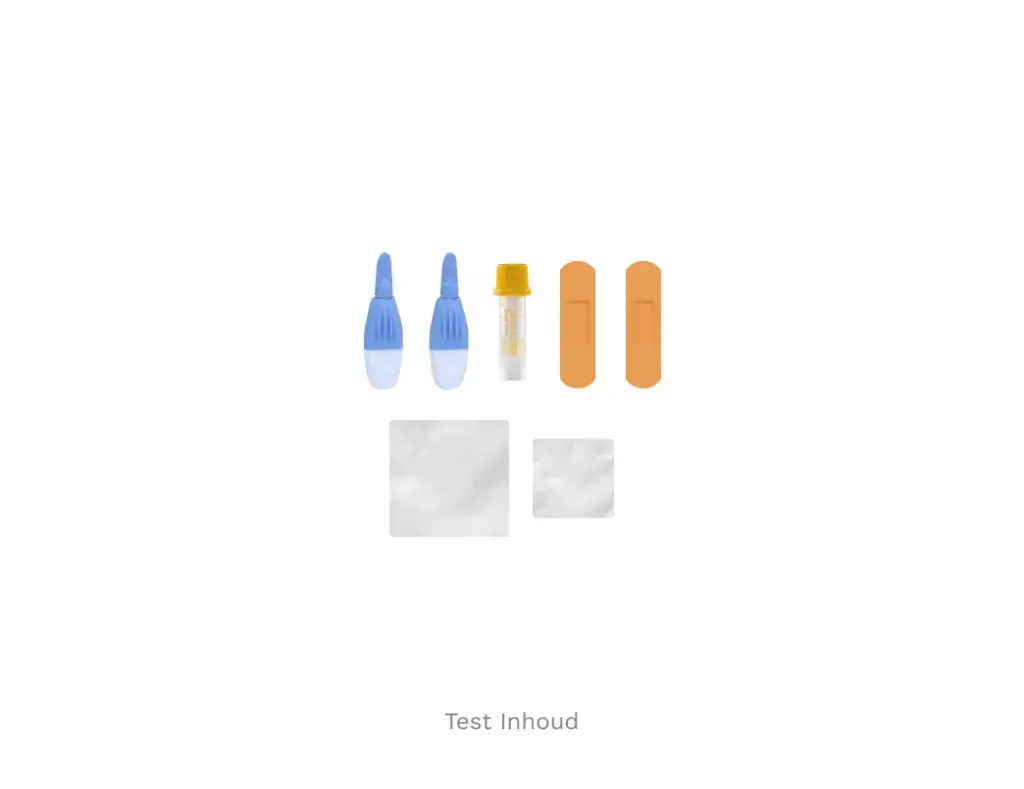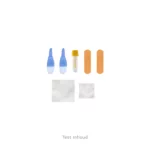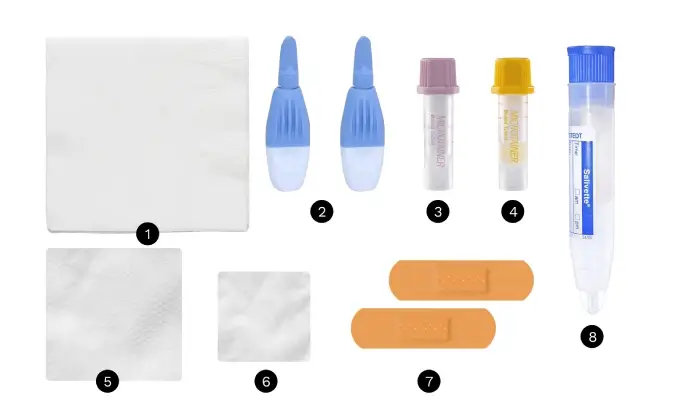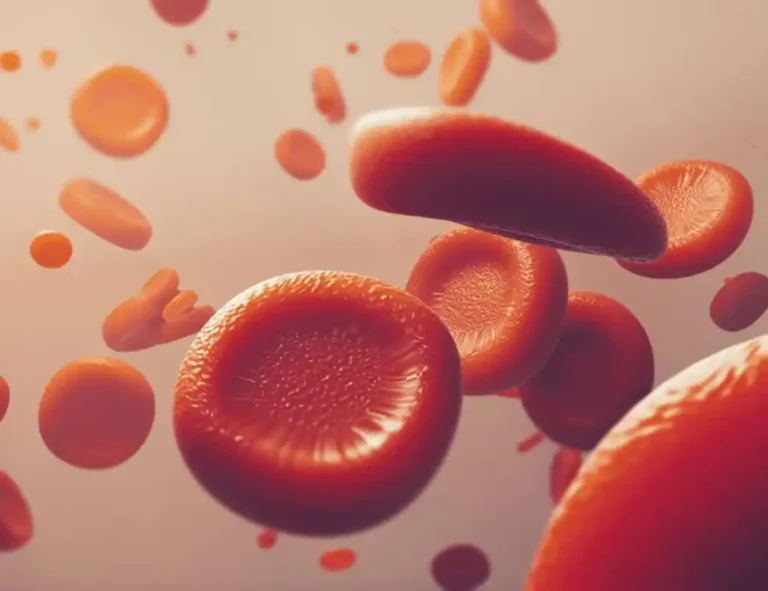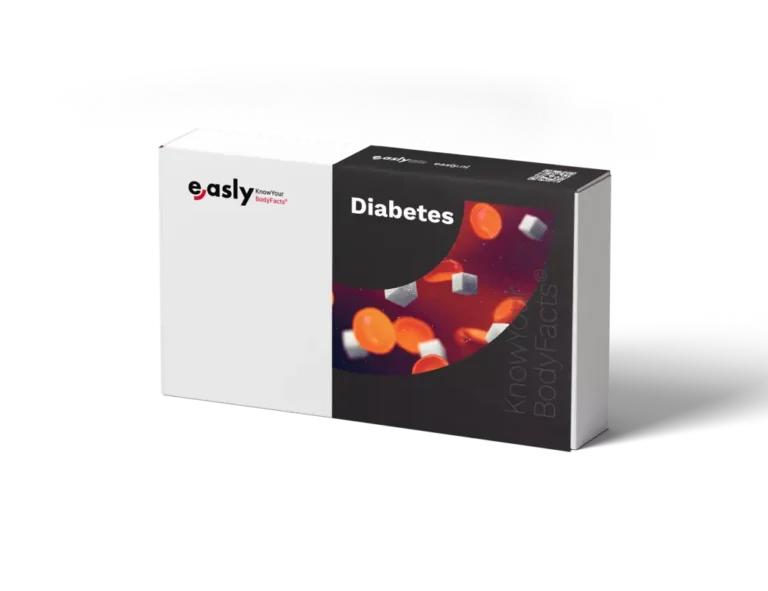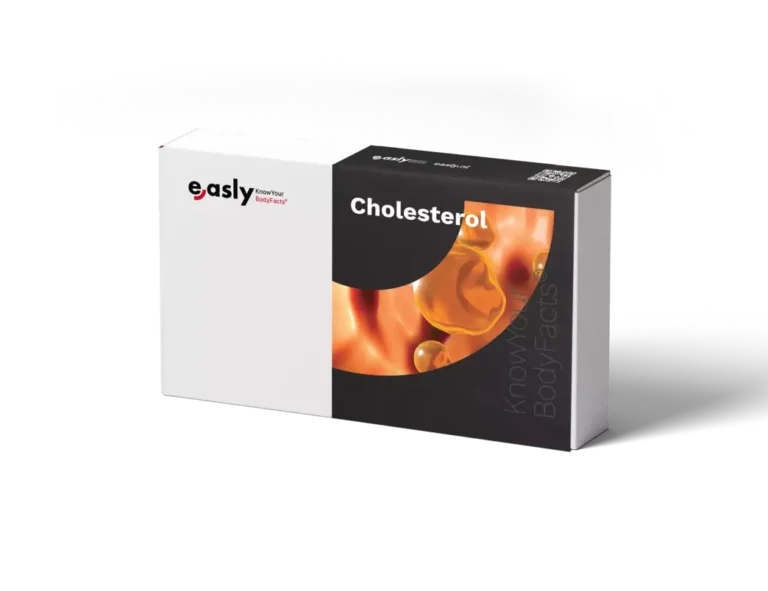What Is the Function of a Cardiovascular System?
The cardiovascular system plays a vital role in our bodies, ensuring the efficient transportation of oxygen, nutrients, and waste products. Consisting of the heart and blood vessels, it facilitates the circulation of blood throughout the body, ensuring that organs and tissues receive the necessary substances while eliminating waste.
What are cardiovascular diseases?
Cardiovascular diseases, also known as cardiovascular disorders, arise when the blood vessels narrow due to the formation of plaques, a condition known as atherosclerosis or arterial plaque buildup. Numerous factors contribute to vessel impairment and increase the risk of heart and cardiovascular diseases.
As the vessels narrow, the flow of blood and oxygen to the organs and tissues diminishes, leading to a range of symptoms. In severe cases, this can result in an “infarction” in different parts of the body, causing significant health issues.
Understanding the function of the cardiovascular system and recognizing the risks associated with cardiovascular diseases is crucial for maintaining overall health and well-being.
How to prevent Cardiovascular diseases?
Preventing cardiovascular diseases involves various strategies based on individual risk levels. Making lifestyle adjustments is crucial, including adopting a healthier diet, reducing alcohol intake, increasing physical activity, losing weight, and quitting smoking. These changes significantly reduce the risk. In cases of higher risk, medication may be necessary, such as cholesterol-lowering drugs or blood pressure medications. Regularly assessing the effectiveness of medications, such as maintaining blood sugar levels, is important.
Common risk factors contributing to heart and cardiovascular diseases include high cholesterol, smoking, high blood pressure, underlying conditions like diabetes, rheumatism, and chronic kidney disease, being overweight, lack of exercise, unhealthy eating and drinking habits, advancing age, being male, and having a family history of such diseases.
Preventing cardiovascular diseases requires a proactive approach through lifestyle adjustments and, if necessary, appropriate medical interventions based on individual risk assessments.
Cardiovascular disease symptoms
Cardiovascular diseases encompass a range of conditions, each with varying symptoms. To assess your risk of heart and cardiovascular diseases, it is advisable to undergo a preventive test. If you experience any suspicious symptoms, seek medical attention immediately or call emergency services.
Common symptoms of heart and cardiovascular diseases include:
- extreme fatigue,
- upper abdominal, jaw, neck, back, or shoulder blade pain,
- shortness of breath,
- nausea, dizziness,
- restlessness,
- anxiety,
- rapid breathing.
Additionally, arterial plaque buildup may manifest as poorly healing wounds on the legs or feet, intermittent claudication (leg pain during exercise that subsides at rest), stable angina (chest pressure and shortness of breath during exertion or emotional stress, subsiding at rest), or even a heart attack.
Monitoring symptoms and promptly seeking medical assistance is crucial for early detection and appropriate management of cardiovascular conditions.
The doctor can assess the risk of heart and cardiovascular diseases. The risks can be put into three categories:
- Low/moderate risk of death from heart and cardiovascular diseases within 10 years.
- High risk of death from heart and cardiovascular diseases within 10 years.
- Very high risk of death from heart and cardiovascular diseases within 10 years.
Who is the cardiovascular test intended for?
The cardiovascular test is designed for individuals who are concerned about their heart and vascular health or experiencing mild symptoms. It is particularly important for those who have an increased risk or are already experiencing severe symptoms to seek further medical attention by contacting their primary care physician or emergency services.
Moreover, the cardiovascular test is recommended for individuals who smoke, have high blood pressure, high cholesterol, diabetes, kidney damage, rheumatism, high-stress levels, are overweight, lack exercise, have unhealthy eating habits or have excessive alcohol consumption.
Men above the age of 40 and women above the age of 50, as well as women between 40 and 50 years old undergoing menopause, are at a higher risk of heart and cardiovascular diseases. Additionally, individuals with Turkish, African (Sub-Saharan), Indo-Caribbean, Asian-Surinamese, or Caribbean backgrounds have an increased likelihood of heart and cardiovascular diseases and can benefit from the blood test.
How do I use the self-test for heart and cardiovascular diseases?
Performing a self-test for heart and cardiovascular diseases is now made easy with the home test provided by Easly. The test allows you to conduct a preventive examination of your heart and blood vessels from the comfort of your own home using a simple finger prick method. Easly provides a convenient lancet for this purpose. When using the lancet, it’s important to exercise caution and avoid applying excessive pressure to your finger, as this can potentially damage the cells and affect the accuracy of your results.
Which biomarkers are measured, and what do they mean?
Biomarkers are crucial indicators used to diagnose illnesses and assess treatment effectiveness. One notable biomarker is hs-CRP (high-sensitive C-reactive protein). Produced by the liver in response to inflammation, hs-CRP levels can be measured in the blood. Noticeable symptoms like severe pneumonia or bladder infection can lead to significantly elevated CRP values, sometimes exceeding 100. Research has linked high hs-CRP levels to heart and cardiovascular diseases.
In addition, the body may experience low-grade inflammation, which is not immediately noticeable but contributes to an ongoing inflammatory process, keeping the immune system mildly active. This results in the continuous production of a small amount of CRP by the liver. To detect these low levels, the hs-CRP measurement is used due to its sensitivity.
Atherosclerosis is a well-known example of a condition causing low-grade inflammation. In this condition, substances like LDL cholesterol deposit in the blood vessel walls, triggering a minor inflammatory response that prompts the liver to produce CRP.
Results of the heart and cardiovascular diseases test
Once you send back the test kit, our lab technicians will analyze your sample and provide you with the results. This will give you the assurance and information you need. In the event that the results are not as expected, it is crucial to promptly discuss them with your doctor or a medical professional.












